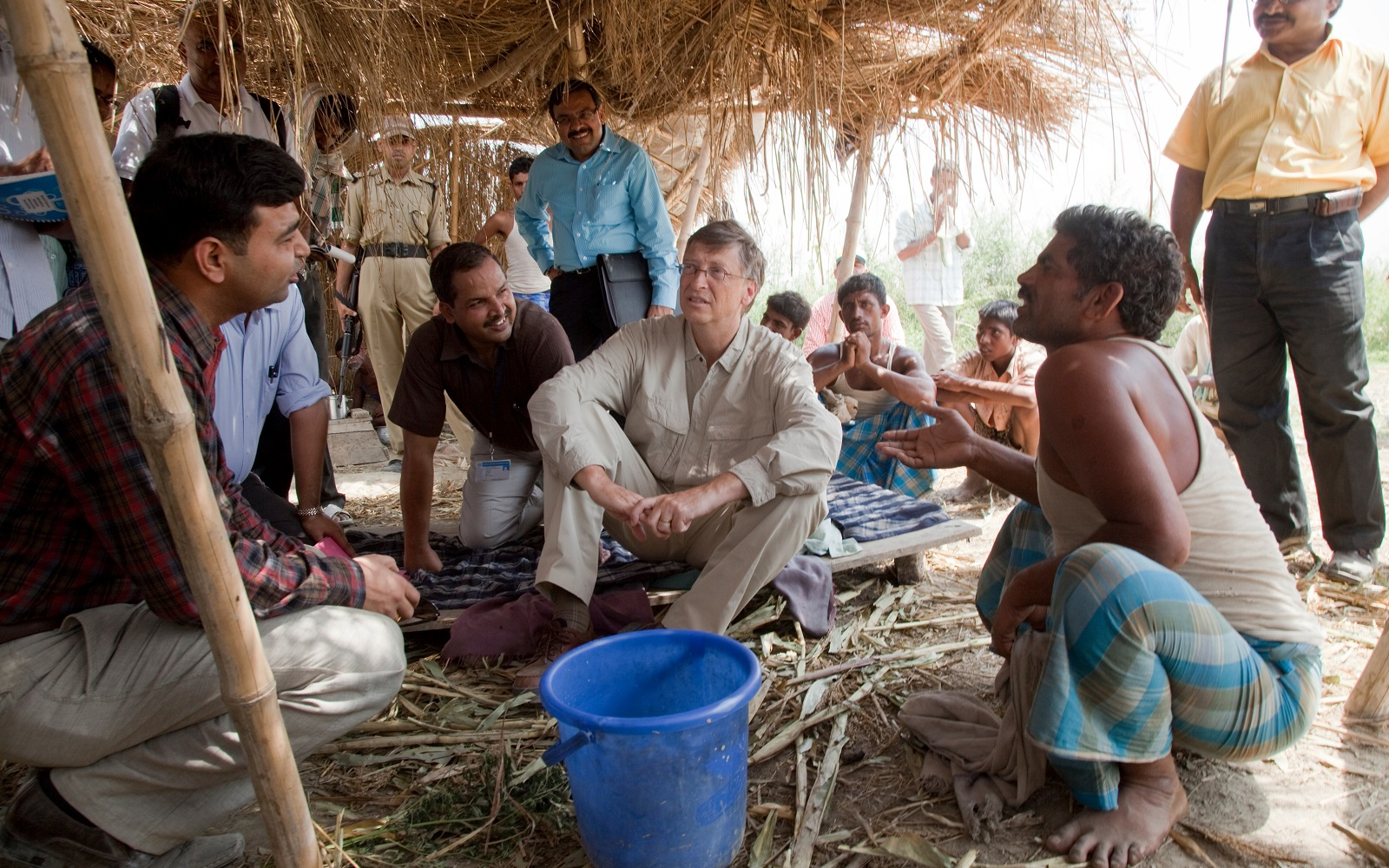Building What Endures: Legacy Thinking for a Better World

This post was inspired by today’s newsletter.
I woke up thinking about legacy. Not wealth. Not status. Not “soft life.” But real legacy — something built on values, that endures and lifts others even when we’re long gone.
It’s a thought that isn’t exactly popular around here. Lol, when we even read about it happening elsewhere, the first reaction for most is to laugh it off, or express their disappointment about how someone else is spending their money. I can’t count the number of people who do not understand why Warren Buffett is choosing not to leave his wealth to his immediate family. Or, what Bill Gates is doing with the Bill and Melinda Gates Foundation?
Like, why?

Here, the dominant energy often feels like hustle-on-overdrive. Make money. Stack it. Build “generational wealth” — whatever that means. You hear things like, “If I enter politics like this, my children’s children no go ever suffer.” It sounds smart. Secure. Strategic.
But if we’re honest, a lot of it is just code for looting. For grabbing. For cutting corners in the name of survival or legacy. No one talks about denying themselves for the greater good. It’s more like, “If I don’t collect the money now, someone else will.” And that logic, that mindset, drives us further and further away from thinking long term. From thinking legacy.
So here’s the question I keep circling back to: Are we experiencing a crisis of legacy thinking?

I don’t mean just building things that outlast us. I mean building well — creating systems, businesses, communities, and movements with integrity. Sacrificing short-term gain for long-term good. Choosing value over visibility.
And it’s hard. Because in a system where institutions are weak, and trust is fragile, betting on “later” can feel like fantasy. But without people who believe in “later,” how will anything change?
Faith helps me wrestle with this. Christianity calls us to something radical: to live sacrificially, to serve others, to give up personal ease for collective uplift. It’s not a popular gospel, especially not where corruption is called “connection” and morality is mocked as naivety. Still, I hope. I hope that more of us begin to live differently. To plant trees whose shade we may never sit under. I would have said that, maybe if we have more Christians, we can scale this thinking? But…you know…
Do I believe change is guaranteed? Not fully.
Do I believe it’s possible? Absolutely.